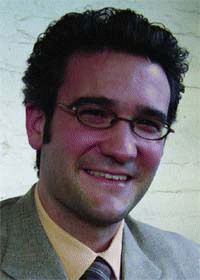
Post-Chemoradiation of Head and Neck Cancer: SND and Aspiration
The National Cancer Institute states that cancers of the head and neck account for 3% to 5% of all malignancies in the United States.

The National Cancer Institute states that cancers of the head and neck account for 3% to 5% of all malignancies in the United States.
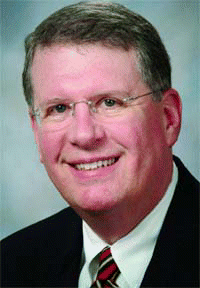
How will 21st-century otolaryngologists meet these challenges?

A conservative approach to treatment of patients with squamous cell carcinoma from unknown head and neck primary cancers compares favorably with results of other reported more aggressive protocols utilizing comprehensive irradiation or concurrent chemoradiation, according to study results reported by Rajan S. Patel, MBChB, MD, April 29 at the American Head and Neck Society’s program during the Combined Otolaryngology Spring Meeting.
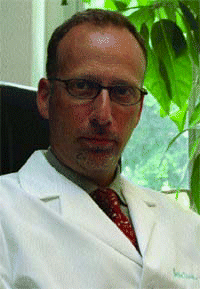
As reported previously in ENToday, as many as 18 million Americans might have obstructive sleep apnea (OSA) with an apnea-hypopnea index (AHI) > 5.0 events per hour of sleep, according to the National Commission on Sleep Disorders Research report, Wake up America: A National Sleep Alert.
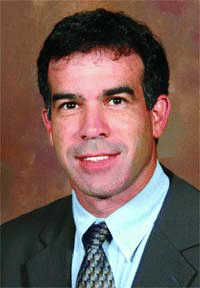
Otolaryngologists increasingly must think about the cosmetic outcomes of patients undergoing head and neck surgery.

Neonates with younger gestational age and lower birth weight are more likely to fail extubation and to require earlier surgical airway intervention, according to an April 28 presentation by University of Texas Medical School, Houston, researchers at the American Society of Pediatric Otolaryngology program at the Combined Otolaryngology Spring Meeting.

In the past, almost all support for otolaryngology research was provided through the National Institute on Deafness and other Communication Disorders (NIDCD) or its parent institute, the National Institute on Neurological Diseases and Stroke (NINDS).
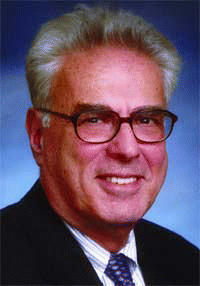
The publication of two Institute of Medicine (IOM) reports-To Err is Human: Building A Safer Health System in 1999 and Crossing the Quality Chasm: A New Health System for the 21st Century in 2001-served as a catalyst to increase awareness among health care professionals that the American health care system is beset by serious problems related to patient safety and medical errors.
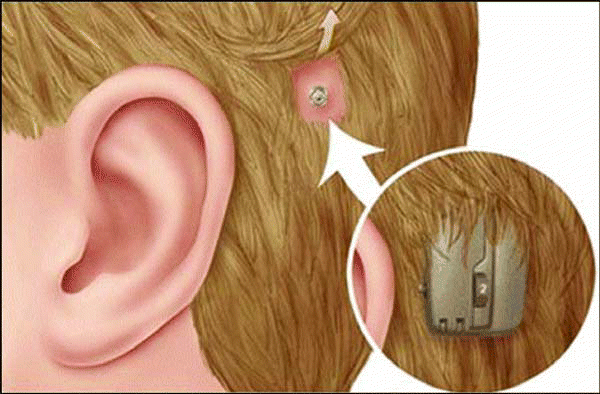
Bone-anchored hearing aids (BAHA) provide many patients who can’t use standard hearing aids-for example, those with ear malformations or chronic infections-the potential to restore their hearing.